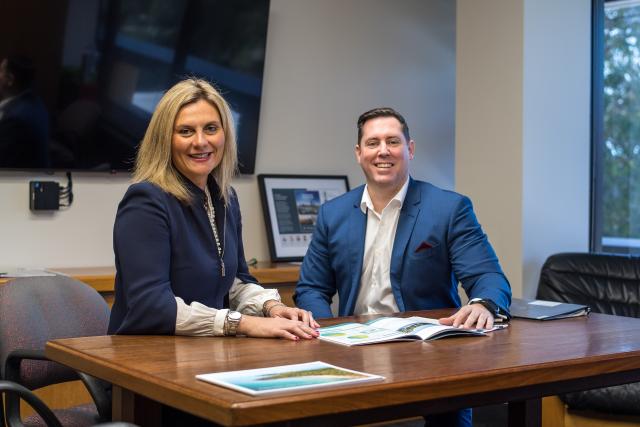Council will convert some long-term temporary and casual roles to permanent to retain quality staff in a highly competitive labor market, improve efficiencies and meet industrial relation laws.
An extensive review into Council’s long-term and temporary casuals was tabled at Monday’s General Committee meeting, resulting in an increase of 24 permanent staff numbers.
It comprises the conversion of 21 temporary (a range of full-time, casual and part-time) positions to permanent roles across various departments in the organisation.
“We have an obligation to meet our industrial relations requirements, give our casual staff certainty, and continually consider operational efficiency and effectiveness to serve our community,” chief executive officer Scott Waters said.
“There is no cost to the current bottom line as these funds are already budgeted for and these changes give us the ability to provide certainty to our staff and continue optimum service delivery.
“These are long term casuals who, under the state and federal government’s industrial relations policies, effectively mean the workers are already full-time employees.
“Many of these positions have been extended more than once to support the delivery of council services, progress the implementation of Council strategies and to meet consistently high workloads, so it’s an issue that needed to be addressed.“
The review forms part of the CEO’s Noosa 2.0 Project, endorsed in June this year, which focuses on delivering a customer-centric, agile organisation to the service the community.
Mayor Clare Stewart said as all councillors rightfully pointed out during their discussion in chambers, “this is a reality check and clearly demonstrates that the organisation is walking the talk about valuing its staff, and meeting its obligations under industrial relations laws”.
As part of the structural changes, Council has also agreed to convert 20 casual positions to permanent roles in Council’s facilities, such as the Noosa Aquatic Centre, Noosa Leisure Centre and Noosa Community Support.
“Throughout the review we identified the need to stabilise various roles being undertaken by casual employees to better support business operations and provide greater employment security,” Mr Waters said.
Mr Waters said the report also recommended structural changes to allow management the flexibility to strategically support the future needs of the shire.
“We, as an organisation, are always looking at ways to improve how we operate and we are constantly evolving to meet the needs of how we deliver our core services to the community,” he said.
The report was unanimously endorsed at the General Committee and goes before Thursday’s Ordinary Meeting for formal adoption.








